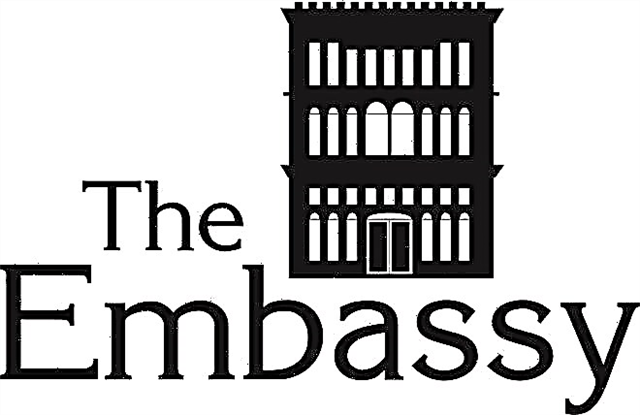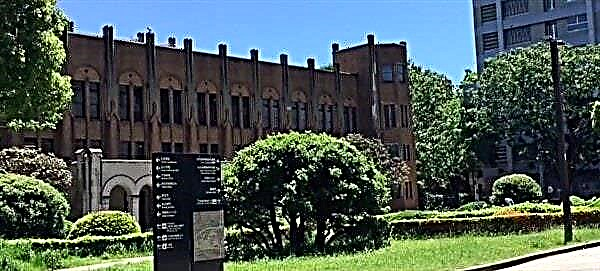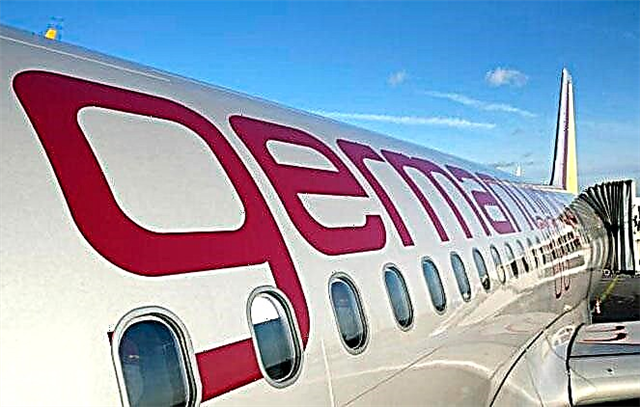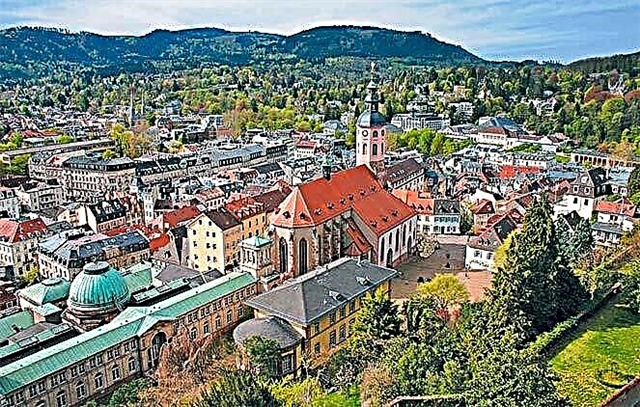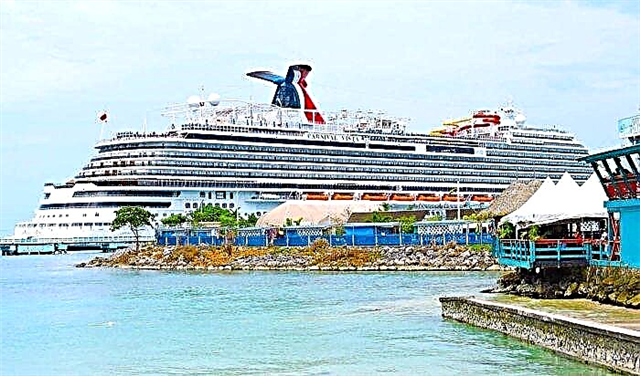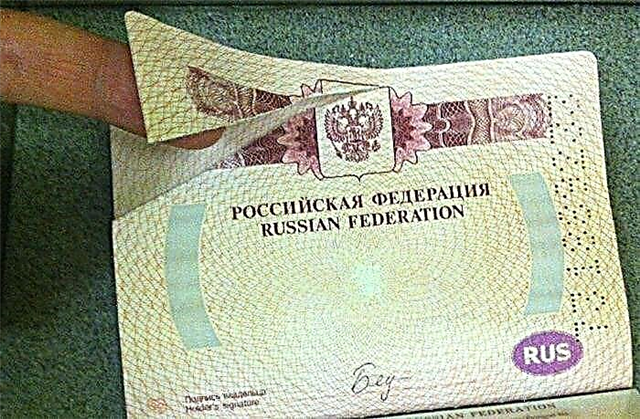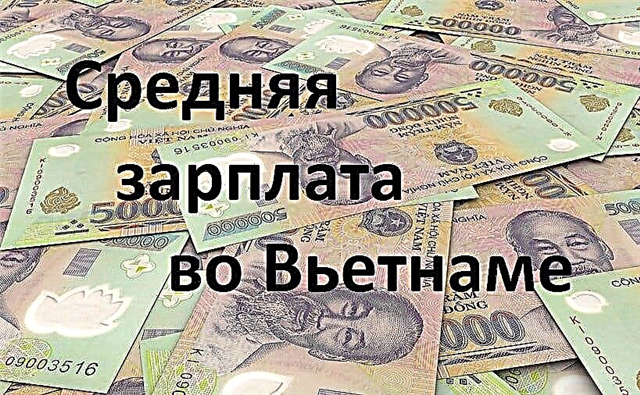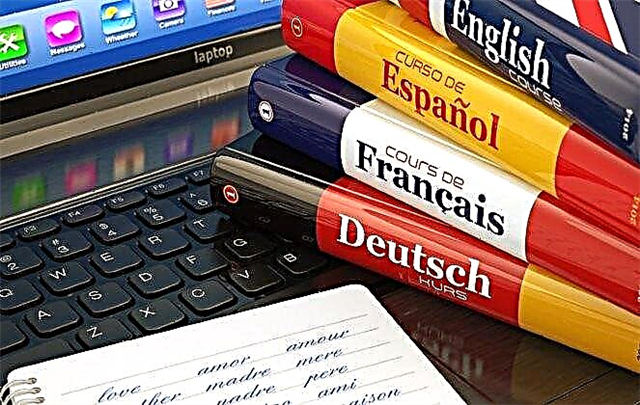Montenegro is one of the most comfortable and least expensive countries for Russian tourists. Many travelers, preparing for their upcoming trip to the territory of this state, ask themselves questions about what language the locals speak and whether they will be able to understand a guest from the Russian Federation. The official language in the country is the Montenegrin language. How it got its current status, as well as what its features are, will be discussed further.

Official recognition
Montenegrin is one of the South Slavic languages of the western subgroup. For a long time it existed as a dialect of Serbian. The official language in Montenegro, while it was part of Serbia, was Serbo-Croatian (according to the 1992 constitution), and then the Iekava form of Serbian.
On June 3, 2006, Montenegrins gained independence. A year later, a dispute began about the legality of the status of the Serbian language on the territory of the newly formed state. In 2007, a new constitution of the country was adopted, which states that from now on, Montenegrin is the official language in Montenegro. It is also allowed in the state to use Albanian, Bosnian, Serbian and Croatian.
The language reform made the two written versions of Montenegrin equal: Cyrillic (Russian letters) and Latin (English letters). Today, both of these forms are used in office work and the educational system. In everyday life, citizens have the right to use the option that suits them.
The Serbian community, opposition political parties, non-governmental organizations reacted to the language reform with a protest. From their point of view, it was the beginning of discrimination against the Serbian language and Cyrillic spelling.
In 2021, the official language of Montenegro was recognized by the International Organization for Standardization as separate from Serbian. He also received his international ISO code. It took a long time to consider this issue - 9 years.
The position of the majority of the country's inhabitants regarding the language issue cannot be called unambiguous. Until now, discussions continue about how many native speakers there are in Montenegro.
According to the latest census conducted in 2021, 37% of citizens recognized Montenegrin as their native language, while 44% of residents said they consider themselves to be native speakers of Serbian. For comparison: according to the results of the 2003 census, only 22% of citizens considered Montenegrin their native language. It can be concluded that the status of the state Montenegrin language is gaining recognition.
How should tourists talk
Naturally, travelers from the Russian Federation have a question about whether they understand Russian in Montenegro. The answer is yes. The overwhelming majority of local residents, especially in resort settlements, speak Russian well. Many owners of hotels, villas, holiday homes speak it with their guests.
Russian-speaking staff can be found in shops, hotels, restaurants, cafes. In popular resorts, it is even customary to duplicate signs in Russian and make menus in this language.
Now let's clarify what language the guides speak with tourists in Montenegro. If you want to go on an excursion with a Russian-speaking guide, it is better to contact an official travel agency of a national or international scale. Small beach firms often recruit international groups and the guide can lead the tour in English.

A few words should be said regarding communication in English. As practice shows, the majority of Montenegrins understand it much worse than, for example, Russian. But hotels, restaurants, cafes in resort areas are provided with English-speaking staff who receive foreign guests.
The most popular words and phrases in Russian and Montenegrin
If a tourist has a desire to win over the locals, he can try to address them in Montenegrin. Below is a short Russian-Montenegrin phrasebook, which presents frequently used words and phrases.
- Yes Yes.
- No - Nat.
- Excuse me - Simplify.
- Thank you - Praise.
- Please - If you please (offer), we pray (answer).
- Good - Good.
- Bad - Loche.
- We will! - Zhivali!
- Do you speak Russian? - Do you speak Ruski?
- I'm from Russia. - I myself am from Russia.
- Where are you staying? - Where are you going?
- I did not understand you. - Nissam understands you.
- I understood almost everything. - We will soon understand.
- Hello! - Good! The God! (“hello” in Montenegrin also sounds).
- Good day! - Dobar is given!
- Goodbye! - Davidgienna! Side!
- Bye! - Chao!
- Good luck! - Sve naybolie!
- Goodnight! - Laku night!
- What is your name? - What do you call?
- My name ... - We call you ...
- Very nice. - Drago me e.
- How to get to the beach? - What about se ida pa plazu?
- How to get to the street ...? - How do we dodge to the street ...?
- What is the price…? - Colico Costa ...?
- Bill, please! - Rachun, we beg you!
Outcome
The answer to the question of which language is recognized as the state in Montenegro is simple: Montenegrin. In 2021, the International Organization for Standardization officially separated it from Serbian.
Some words of the Montenegrin language are similar to Russian. Therefore, guests from the Russian Federation can always find a common language with local residents. In the resort areas, communication is much easier, because here the majority of Montenegrins speaks Russian almost fluently.

